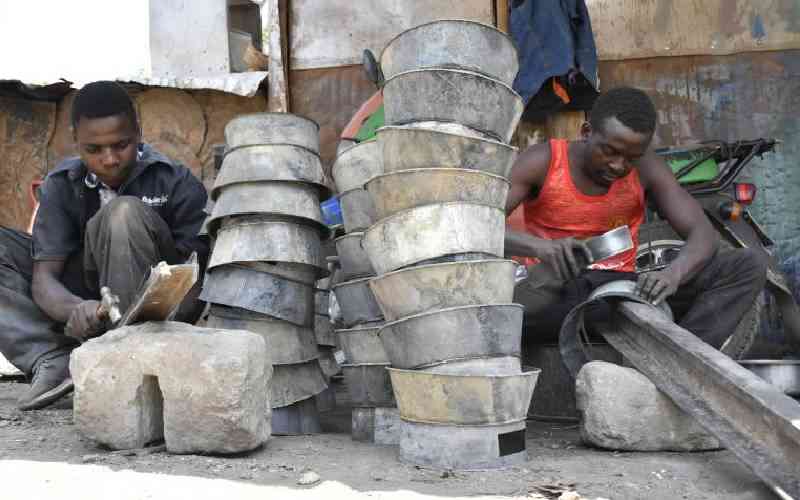×
The Standard e-Paper
Home To Bold Columnists

The Competency-Based Curriculum was introduced in 2017 to replace the 8-4-4 education system, which was considered irrelevant to current demands of job, technology, and social development.
It relied on memorisation and was teacher-centered and exam-oriented. Students did not have time to learn from each other. The teacher held power over students and the learning process. The teacher banked knowledge on the students.